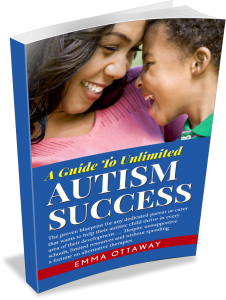Drew’s aunt and cousins were over from Belgium a few weeks ago, so we went to their hotel to pay them a visit.It’s always struck me that somewhere like Belgium can be just a few hours away from London but the culture is so different.
For example…In Belgium, life seems to be a lot more laid back…They eat their meals, especially dinner, a lot later than us…
Shops close a lot earlier…
The architecture is very old fashioned Belgium…
And their social behaviour is so different.
It’s funny, because a lot of the time we miss each others social que’s…
For example, our English sarcasm is lost on our Belgian relatives. At times it can get confusing, but in the end we use our social instinct and social thinking to work through it (and usually laugh about it after). But it got me thinking about children with autism who struggle with this…
Social thinking is something many children with autism struggle to get to grips with.So it made me wonder how confusing social situations must be for these children.And because they find it difficult to pick up on people’s social que’s, they may not respond appropriately in a conversation.For example, if a peer said to them “I went on holiday in half term.” They may just see this as a statement and not see the need to respond with a question like “Where did you go?”
…Which unfortunately may end the interaction completely, with the child leaving to find someone else to tell about their holiday.A great way of teaching social thinking for autistic children is by creating que cards.I’ve done this before with many clients when they’ve had a friend over to play, so this is a great strategy to do at home.
Before your child’s friend arrives cut up some coloured card or paper and sit down with your child.Tell them that you’re going to write down some questions they can ask their friend when they come over.If they initially find this challenging, write the first few for them to give them an idea of what you’re expecting.
For example…”What do you like to watch on TV?” It doesn’t matter too much if you help them write out the cards, the most important thing is they ask the questions to their friend and have a great conversation.
Once you’ve got 5 or 6 (3 may be enough, depending on your child’s ability) read them to your child and make sure they understand them.When their friend arrives give them time to settle in and play together to begin with.
A good time to begin a supported conversation could be when they’re calm and sat down having a snack. Begin by putting one of the que cards next to your child, this will prompt them to ask the question to their friend.
They may need a full prompt to ask the first time and this is fine.Stay beside them to help guide the conversation if need be, otherwise keep quiet and just pass your child the que cards at relevant times.Once they’ve asked the questions, make sure you find some time to praise them for their great taking!
This is just one idea to work on social thinking but in next month’s “Autism Information and Advice Club” newsletter I’ll be giving loads more functional strategies to develop your child’s social skills, which will help …Develop new language…Build friendships…Have meaningful interactions…
And help them pick up on and understand social que’s.If you want to help develop your child’s social skills click below and join….
Click here to continue reading…
Speak with you soon until then,
Live every moment, Love beyond words and make a difference today
Emma Ottaway
The Ambitious Autism Ambassador


